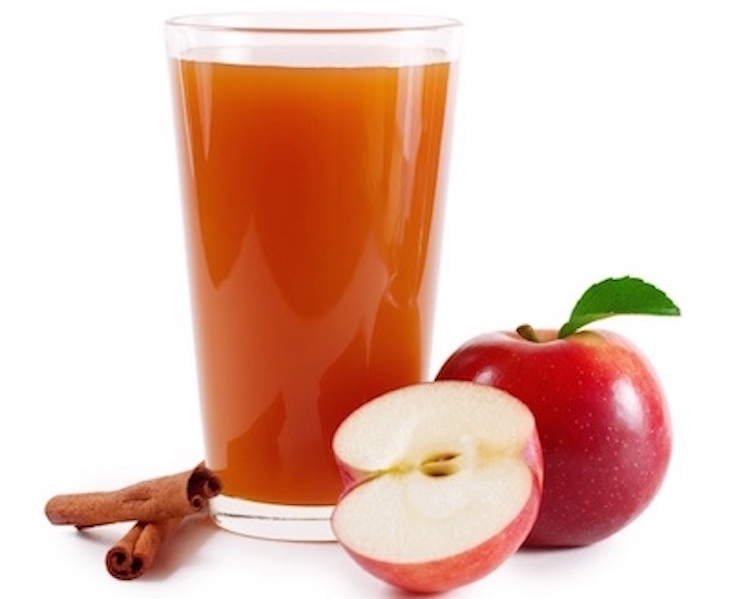Every fall many family make trips to orchards to buy apple cider. But there are things you need to know about apple cider season and food safety, especially about unpasteurized fruit juices. There have been three food poisoning outbreaks linked to unpasteurized apple cider or juice in the last few years.

Those outbreaks include a cryptosporidium outbreak in 2015 that was linked to apple cider that was sold and consumed at the Pike County Fall Color Drive in Illinois. At least 70 people were sickened in that outbreak, and several were hospitalized. Also in 2015, an E. coli O111 outbreak that sickened 13 people was linked to apple juice from High Hill Ranch. And in 2013, a cryptosporidium outbreak in Iowa was linked to unpasteurized apple cider. Eleven people were sickened in that outbreak.
When juice is squeezed, any bacteria present on the fruit will be in the juice. And when that juice is not pasteurized, or heat-treated, the juice will be contaminated and make someone sick.
The bacteria on the fruit can come from several sources, including improper handling during harvest, transport, and processing; birds or animals pooping in the orchards or on the fruit.
All unpasteurized fruit juices are required to carry this warning label on the label: “WARNING: This product has not been pasteurized and therefore may contain harmful bacteria that can cause serious illness in children, the elderly, and persons with weakened immune systems.” But you should know that juice sold by the glass from apple orchards, farmers markets, roadside stands, some restaurants, and juice bars is not required to carry this label.
So when buying juice during apple cider season and other times, look for the warning label. If you are buying juice by the glass, ask if the product is pasteurized. If you or a member of your family is in a high risk group for serious complications of food poisoning, avoid unpasteurized juices.




